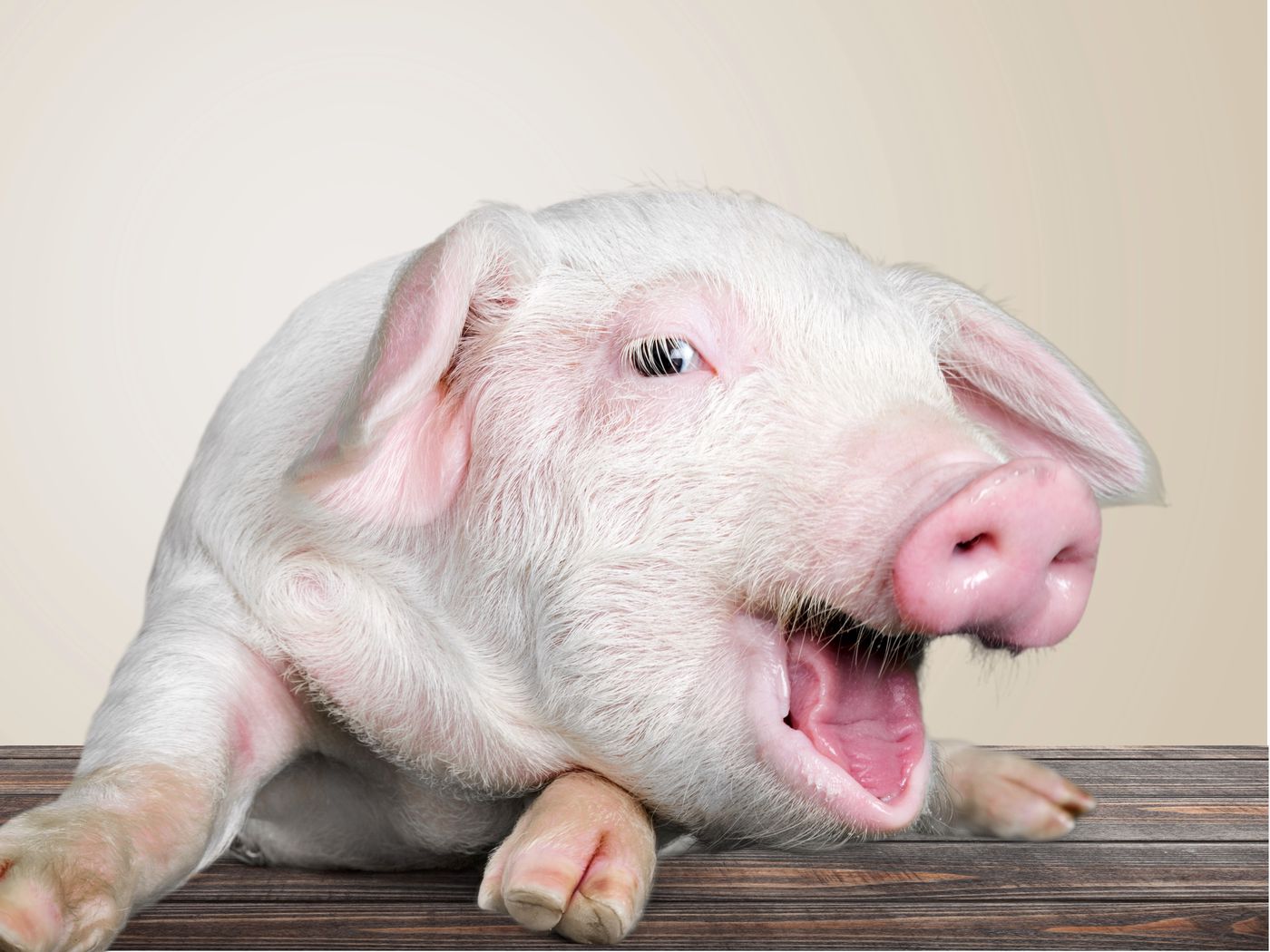During the summer season, pig farms can encounter certain common diseases that are influenced by factors such as heat stress and increased exposure to insects and parasites. Here is a medication scheme that can help manage these diseases:
Heat stress prevention and management:
Provide ample shade and ventilation in pig housing areas.
Ensure there is a constant availability of cool, clean drinking water.
Supplement the pigs’ diet with electrolytes.
Use fans or coolers to maintain a comfortable environment.
Respiratory diseases:
Vaccinate pigs against common respiratory pathogens, such as PRRS (Porcine Reproductive and Respiratory Syndrome), swine influenza, and Mycoplasma hyopneumoniae.
Implement good biosecurity practices to prevent the introduction and spread of respiratory diseases.
Monitor pigs for signs of respiratory distress, coughing, and fever and consult with a veterinarian for appropriate treatment options.
Gastrointestinal diseases:
Vaccinate against common gastrointestinal diseases like swine dysentery and salmonellosis.
Maintain good hygiene and sanitation standards, including regular cleaning and disinfection of pig pens and equipment.
Control flies and other pests that may contribute to the spread of disease.
Consider probiotics or other feed additives that promote gut health.
Parasite control:
Implement a regular deworming schedule to control internal parasites like roundworms and whipworms.
Use appropriate ectoparasite control measures to manage external parasites such as lice and mange mites.
Ensure proper hygiene and sanitation practices to minimize the risk of parasite transmission.
Rotate pastures or implement other strategies to break the parasite life cycle.
Skin and hoof diseases:
Conduct regular inspections of pigs’ skin and hooves for signs of infections, ulcers, or dermatitis.
Maintain proper hygiene and cleanliness in pig housing areas.
Treat skin and hoof diseases promptly with appropriate antiseptics, antibiotics, or other prescribed medications.
It is important to note that this medication scheme should be tailored to the specific needs and requirements of your pig farm. It is advisable to consult with a veterinarian who can provide a comprehensive assessment and develop a customized medication and prevention plan for your specific operation.
Post time: Jul-20-2023





